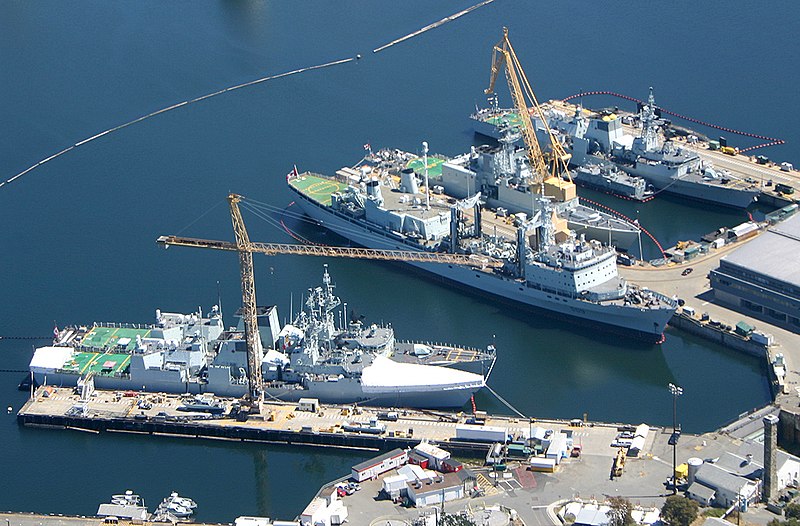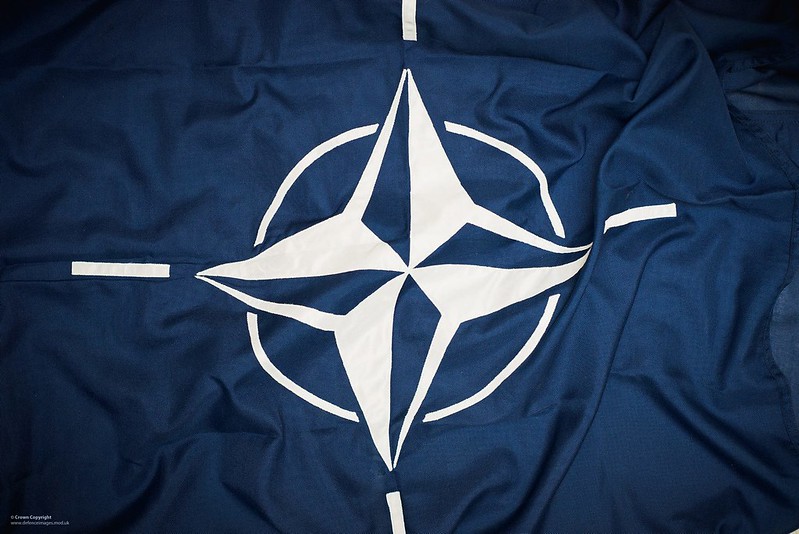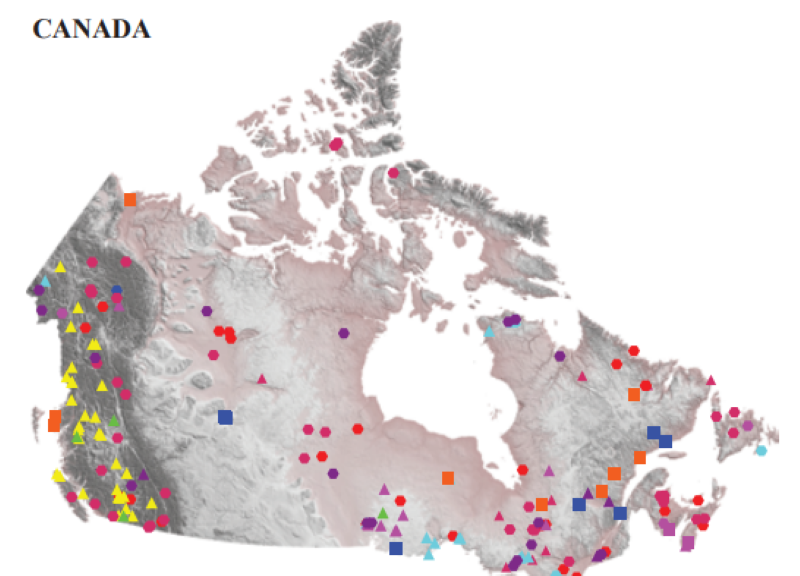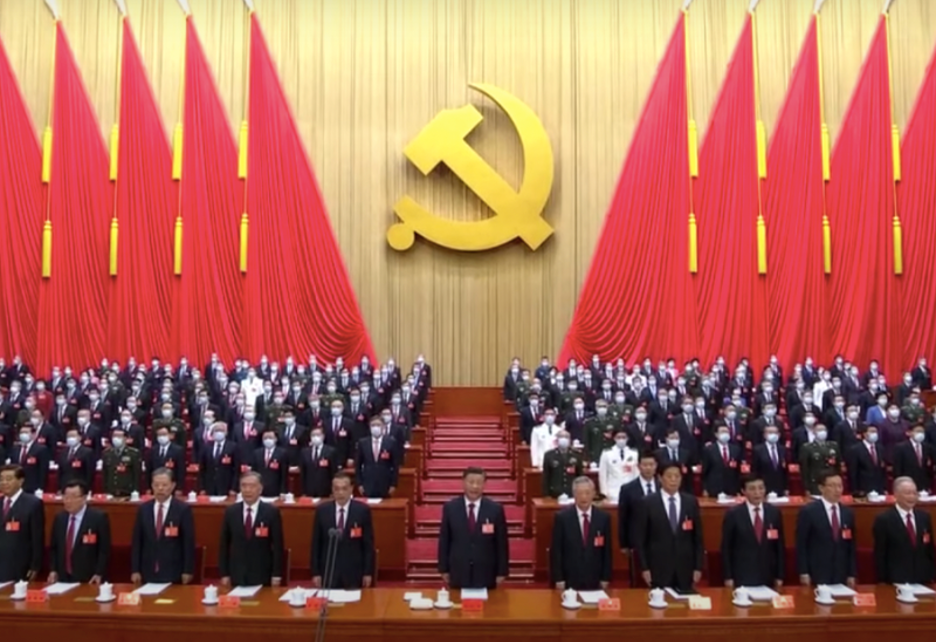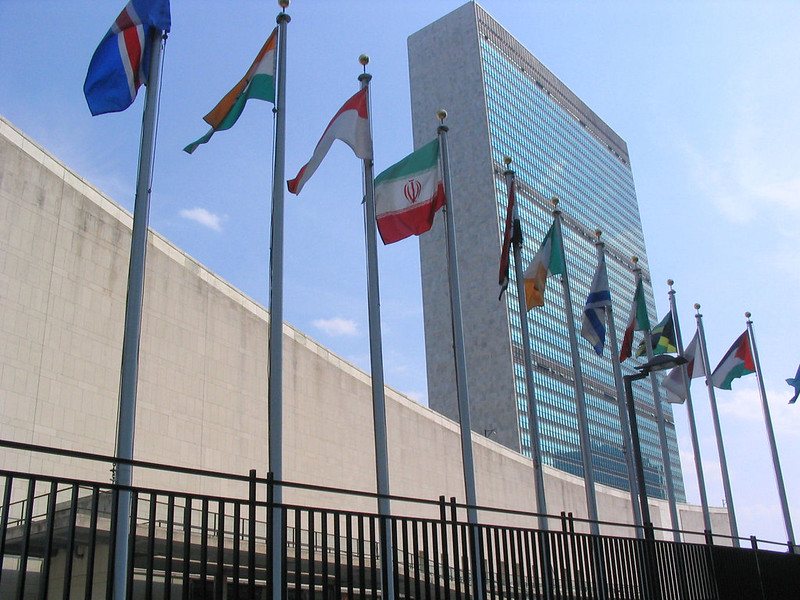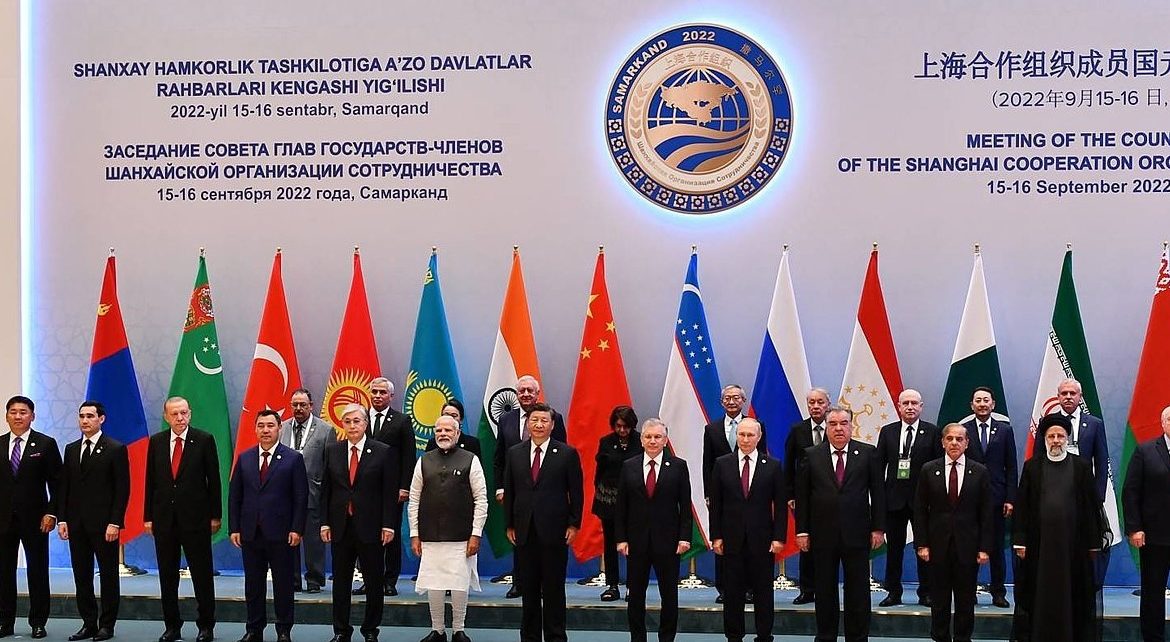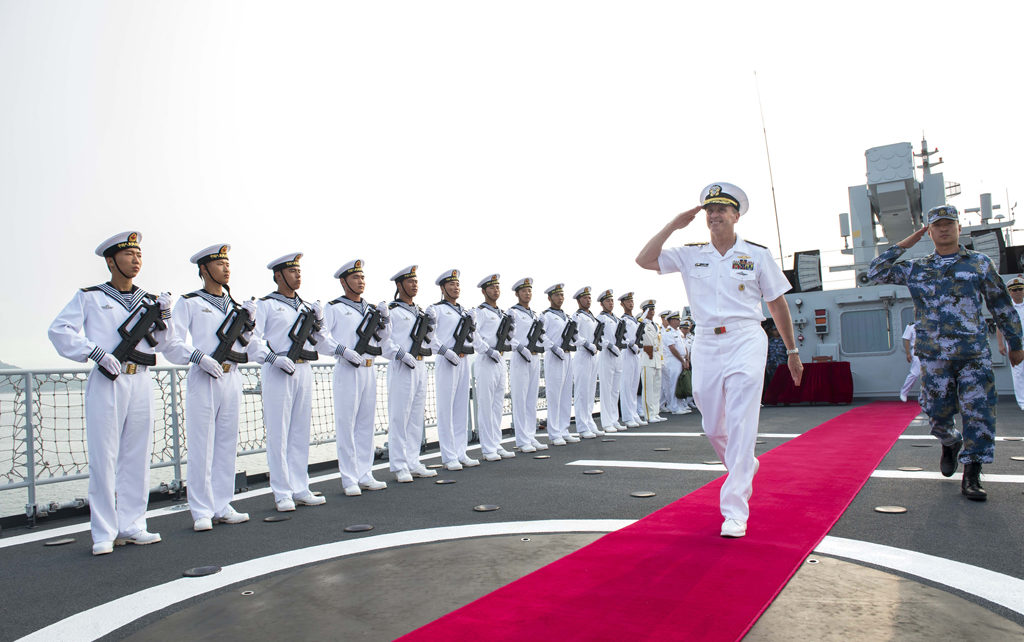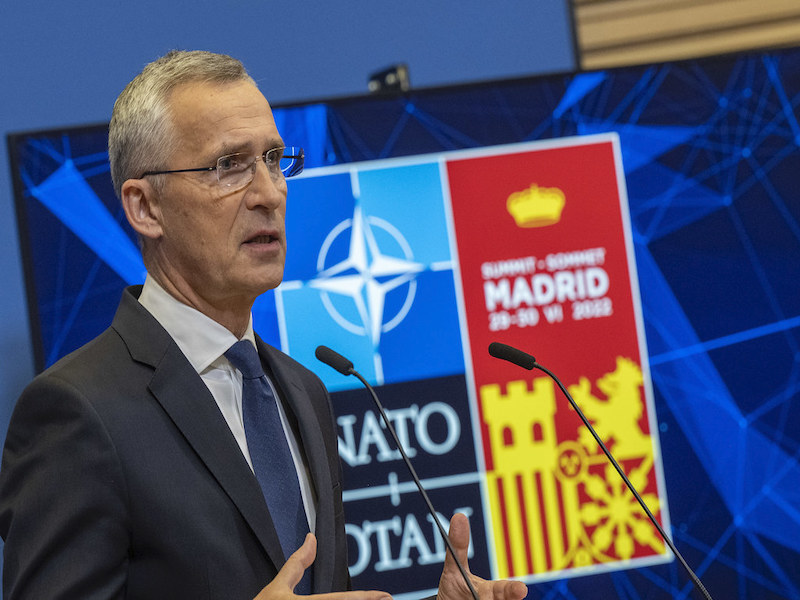Canada has recently published its long-awaited Indo-Pacific Strategy (IPS), which provides a comprehensive roadmap for managing opportunities and mitigating threats in the region. There are plenty of each: the opportunities to increase trade, bilateral foreign direct investment (FDI), and “person-to-person” connectivity (i.e., educational exchanges or cultural programs) are extensive across the theatre. Similarly, however, the Read More…
Tag: China
Should NATO Expand to include non-European States?
NATO has undergone several periods of expansion throughout its long existence. From the original 12 member states in 1949, NATO has expanded to include 30 members now, plus the imminent accession of Finland and Sweden to the alliance. NATO’s expansion has at times been controversial. After the fall of the Soviet Union, many argued that Read More…
Canada’s National Economic Security Lens: Is it aimed at China?
Canada has introduced a new “National Economic Security Lens” for foreign investment, beginning with its critical minerals sector. Scott Burns argues that this new policy is aimed at China, with the goals of “friend-shoring” and protecting the supply chain for these minerals for Canada’s future green investments.
The Taiwan Visit: Canada moving past megaphone diplomacy for its Indo-Pacific Strategy?
In this article, Research Analyst Andrew Erskine examines the recent trip to Taiwan by an all-party Canadian delegation. Specifically, he examines whether the trip offers a new glimpse into Canadian diplomatic thinking, one that is moving past megaphone diplomacy, for the country’s forthcoming Indo-Pacific strategy.
Who Will Save the Internet from China?
The Geopolitics of the Internet Threats to an open internet have been increasing over the past decade. China, Russia, and other authoritarian states have stepped up attempts to exert greater global top-down control over the network architecture that enables the data flows internet operations rely on. If authoritarian states shape the future of the internet in Read More…
Xi Jinping Defiant: Cause for Concern Following China’s 20th Party Congress
Can Canada expect increased friction with Beijing? Following the 20th Party Congress, Canada is right to be concerned about China.
The Age of Crises? A Primer for the Mid-Twenty-First Century
The British historian Eric Hobsbawm once argued that the nineteenth century had three fundamental periods of change: the “Age of Revolution,” “Age of Capital,” and the “Age of Empire,” which subsequently formed the titles for his magisterial history of that century. His further look at the twentieth century was neatly summarized as the “Age of Read More…
India Flexing Its Diplomatic Muscles: A Strategic Shift in the Indo-Pacific?
Has Indian diplomacy become more independent? Scott Burns argues that India’s rebuff of Russia and hard line with Canada, the United Kingdom and China point to a more independent pursuit of strategic autonomy.
Nothing is Foreign Here: China, Japan, and the Influence of Narratives within American Policymaking
How do stories shape domestic articulations of foreign policy? In this special report, Jack Burnham discusses how the narratives surrounding the rise of China and Japan shaped American foreign policy debates.
A New Strategic Concept and A New Outlook on China
With NATO’s new strategic concept from the 2022 Madrid Summit, the Chinese threat has now been codified properly for the first time. How is NATO policy expected to shift as a result?

